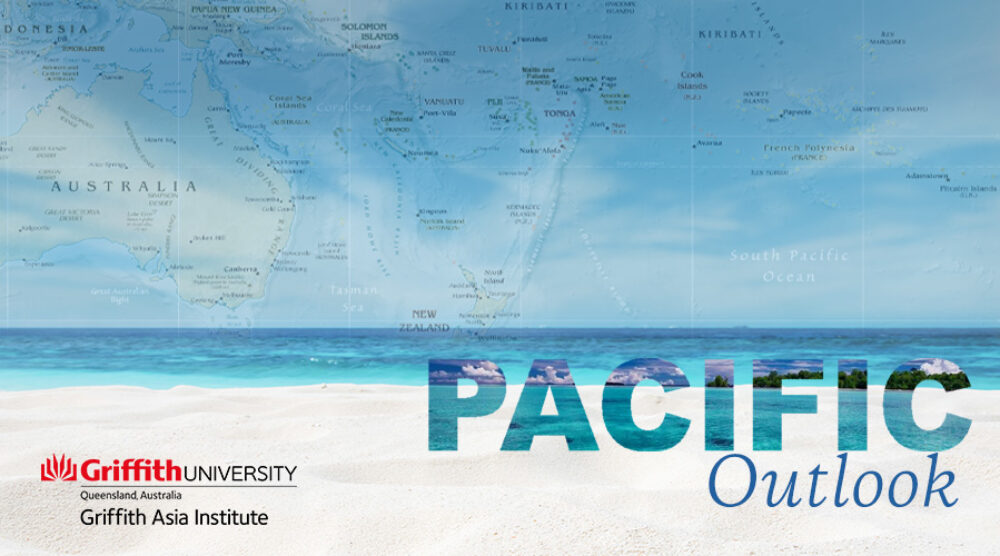Update on COVID-19 in the region
Although infection rates remain very low, and a number of countries continue to be COVID-19 free, the impacts of the pandemic are still being felt across the region.
In Fiji, five more cases have been identified among a group of people who arrived from India at the beginning of July. They are all in quarantine. Meanwhile in Marshall Islands, the government is considering whether to ban all outward travel from the country. In Vanuatu, over 1,000 people have successfully completed quarantine procedures after being repatriated from Australia and New Zealand.
The economic impacts of the pandemic are being felt acutely across the region. In Fiji, it is estimated that 86,000 jobs have been or will be lost in tourism and hospitality. The government of New Zealand is under increasing pressure to open its border with Cook Islands to allow tourism to resume.
Anti-independence parties come together to contest the referendum in New Caledonia
In New Caledonia, six parties who are in favour of the territory remaining part of France have formed alliance to contest the upcoming referendum. On October 4 the people of New Caledonia will go to the polls in an independence referendum. Now a number of pro-France parties have announced that they will work together ahead of the vote.
The group does not contain the once very influential Caledonia Together party. However, it does include the President of the territory, Thierry Santa, and Sonia Backes who is the President of Southern Province.
October’s referendum is the second of a possible three votes to be held under the Noumea Accords. In the first vote, which was held in 2018, the voted was 57% in favour of remaining with France versus 43% in favour of independence.
Businesses struggling in Vanuatu
In Vanuatu, businesses are struggling with a worsening economic environment. The government introduced and Employment Stabilisation Programme earlier in the year. It is designed to provide payments to businesses that have suffered a loss of income in order for them to retain staff. A survey by the Chamber of Commerce indicates that many businesses are reporting delays in receiving those payments.
The government has advised that the scheme will be extended for another month, through to the end of July. However, there does not appear to be any plan in place for what happens after that and it is likely that there will be more job losses. A number of businesses in the tourism and hospitality sectors have already closed.
The governor of the Reserve Bank has cautioned the country to ‘spend with caution’ given the challenging economic times the country is facing.
Continuing tensions in the resources sector in Papua New Guinea
The tensions between the government of Papua New Guinea and mining company Barrick do not look to be easing any time soon. The company’s request to extend its mining lease at the Porgera mine was refused by the government in April of this year, in what some have seen as a move towards nationalisation of the business. The mine has not operated since and the company has warned that around 2,500 jobs will be lost at the end of July if things are not resolved. As well as challenging the decision in court, the company has also commenced conciliation proceedings at the World Bank’s International Centre for Settlement of Investment Disputes.
Meanwhile at the Porgera site, there are security concerns. Despite a military contingent having been deployed, there have been numerous reports (including photos posted on social media) of illegal activity on the site, including thefts from offices.
Copra production surges in Marshall Islands
An almost total ban on inward travel and strict quarantine measures on inbound freight have certainly taken their toll on economic activity in Marshall Islands, most notably in. the capital Majuro. However, copra producers on outlying atolls are on track to deliver a bumper crop during the current financial year. The government pays farmers a guaranteed price of 50 cents per pound and this effectively acts as a social protection measure for families and communities that would otherwise struggle to generate a cash income.
During the outbreak of dengue fever over the last year or so, movement of people and freight was severely restricted. However, as the outbreak has abated and the inter-island ships have started sailing again, this part of the economy has surged.
In the nine months to June 30, a total of 5,859.75 tons have been delivered to the Tobolar Copra Processing Authority in Majuro. This equates to a cash injection of US$5.8 million into the producing communities.
Tess Newton Cain is an Adjunct Associate Professor at the Griffith Asia Institute and project lead of the Pacific Hub.








